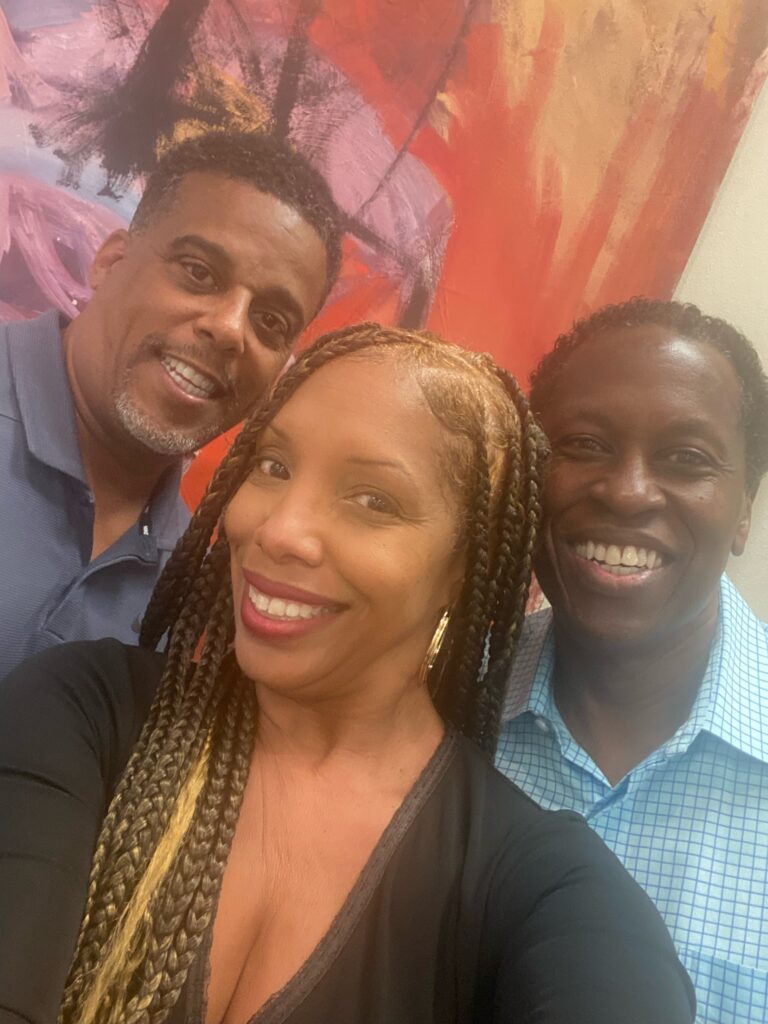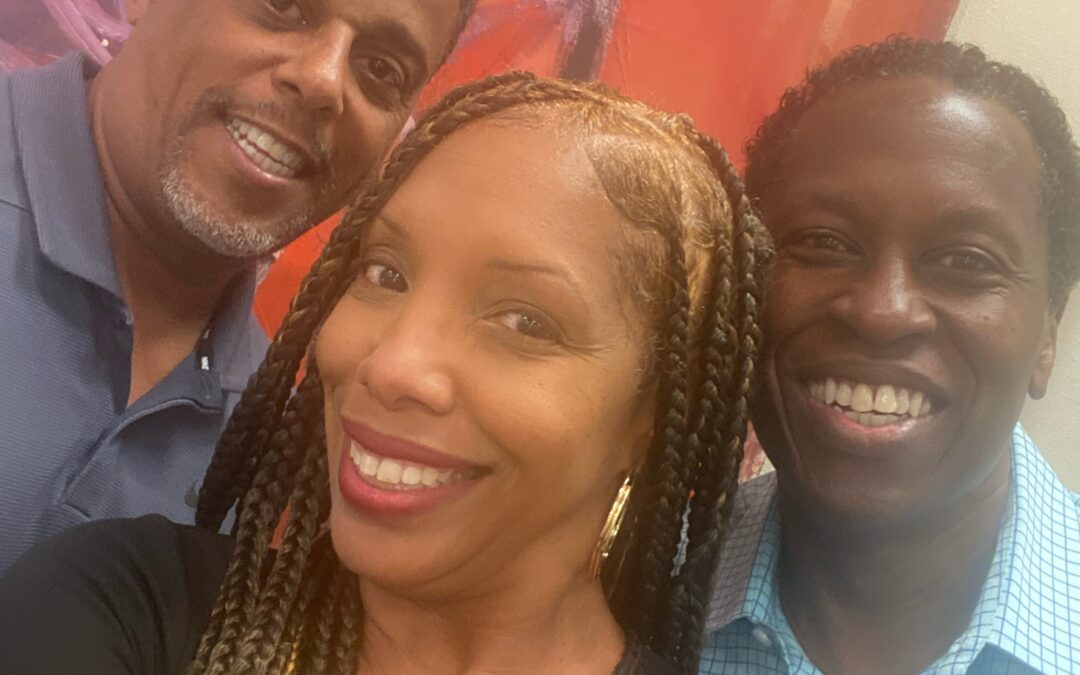
Workplace trauma for Black women has sadly become the norm, a distressing reality that social media has only brought to the forefront. While working for a Black-owned company, under a Black boss, or within a predominantly Black organization might seem like a dream scenario, the harsh truth is that it’s not. Countless instances have left me not just unprotected but actively sabotaged by Black men who should have been my advocates and allies.
Take, for example, the time my company welcomed a new Black CEO. The excitement was short-lived as he systematically dismantled my department, misleading me about a promised role and ultimately appointing someone else. Instances like these are not isolated; there have been numerous betrayals, including a Black supervisor failing to honor a contract, met with silence from the Black founder. These experiences are unfortunately all too common.
It’s crucial to acknowledge that amidst these challenges, I’ve had positive interactions with Black leaders and excelled in my role. Competence and results speak for themselves, and the expectation of support should not be confused with seeking coddling.
The reality is that Black women often normalize workplace trauma due to its prevalence. However, our resilience empowers us to heal, provided we take intentional steps.
1. Acknowledge and Share: Firstly, we must recognize that workplace trauma is neither normal nor acceptable. Identifying triggers and sharing our stories with a trusted confidant – whether a friend or sister – is a powerful step towards reclaiming our narratives.
2. Embrace Your Power: Secondly, it’s vital to remember our worth, embrace our awesomeness, and walk in our power. This empowerment may manifest differently for each individual, but the outcome is the same: acting from a position of self-worth.
3. Decide Your Next Move: Finally, we must decide our next move. Reporting injustices to HR is an option, but it’s essential to recognize that HR’s primary allegiance is to the company, not the individual. Walking in power, gathering information, and strategically planning the next career move can lead to growth, either within or outside the current organization.

The narrative of ‘respecting and protecting the Black woman’ in the workplace is a complex one, especially when disappointments come from those in positions of power. Join us on Conversations with Mom as we delve into this narrative, questioning the responsibilities of Black men in protecting and elevating Black women in the workplace. Let’s unpack these challenges together and strive for a workplace culture that truly values and supports every individual.
